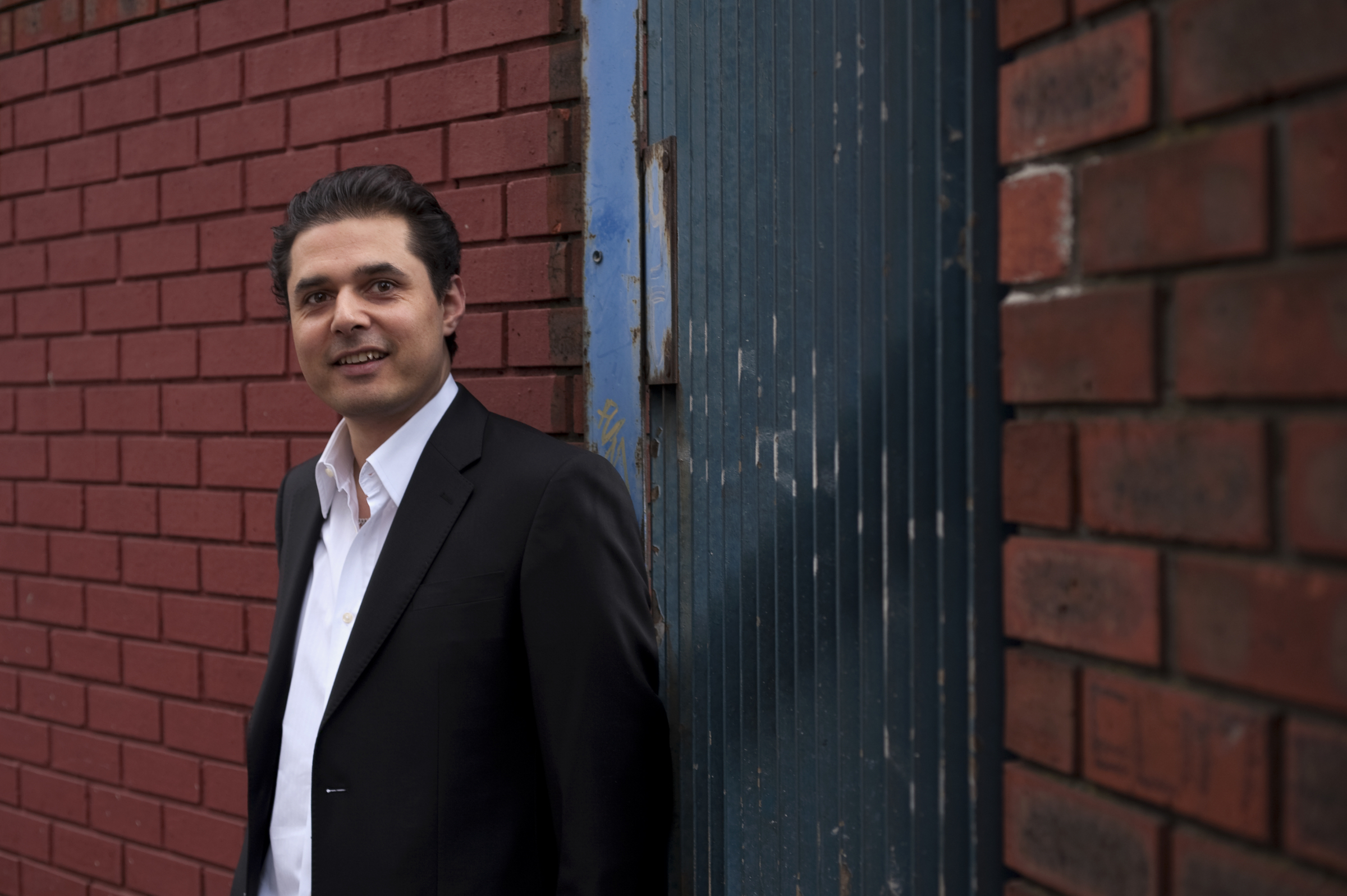The issue of surveillance against Muslims is a major civil liberties issue in the United States.
Wiretapping was present throughout CUNY campuses, including Queens College. A few years ago, NYPD officers — or paid informants — spied on Muslim students as documented in the report “Mapping Muslims: NYPD Spying and Its Impact on American Muslims,” which was released last year.
Arun Kundnani, a QC adjunct professor, reported on the consequences of such policies in his book, “The Muslims Are Coming: Islamophobia, Extremism, and the Domestic War on Terror,” released on March 18.
Kundnani was born and raised in London, England and graduated from Cambridge University.
He arrived to the U.S. on a fellowship with the Open Society Foundations, an organization that discusses issues such as human rights and democracy. He is currently a lecturer at New York University and John Jay College of Criminal Justice. Moreover, he is a freelance journalist with his stories appearing in The Guardian and Huffington Post.
The book references cases in both the U.S. and the U.K. where Muslims have been harassed by federal authorities whose policies have changed dramatically against them after 9/11.
Kundnani declared the rise of surveillance programs to spy on Muslims first originated in the 1970s and 1980s, but the end of the Cold War allowed Islamophobia to rise.
“What happens at the end of the Cold War is [how] this enemy of communism, that had shaped how we look at national security, disappeared. You see certain people like Samuel Huntington and Bernie Louis, who are influential foreign policy thinkers, trying to say Islam is the new enemy in the early 1990s,” Kundnani said.
Furthermore, he declared such feelings became institutionalized into Western governments after 9/11.
Ossama Ayesh, a 22-year-old senior at John Jay College of Criminal Justice, previously took a course taught by Kundnani titled “Terrorism and International Relations,” at John Jay. Ayesh felt he learned valuable lessons through the course as a result of the class.
“I have grown to learn that there are always two or more perspectives in analyzing political situations and that in order to be true political scientists. We must keep an open mind and find every possible stance on a particular issue,” Ayesh said.
In addition, Ayesh noted he had not yet read the book by Kundnani, but there was something important to discuss when it came to Muslims in society.
“Being a believer in Islam myself, I believe that Muslims are put under a very refined radar due to recent events such as the 9/11 attacks and in effect, the word ‘Muslim’ has a negative connotation to it,” Ayesh said. “The major problem Muslims face is similar to what other underrepresented groups have faced in the past: prejudice, hatred and hardship.”
Currently, Kundnani teaches a course titled “Politics and the Media,” which discusses political issues within the media and meets every Tuesday and Thursday. He goes over the socio-political importance of the media in contemporary times.
He felt the media was important when it came to these particular types of problems. Despite the way large media organizations frame issues about Islam, Kundnani believes the issues could be found in society itself.
“The media is important for shaping our perception around these issues. But we also have to ask the question on how is it so easy for the media to convince us of these Islamophobic ideas? What does it say about American society that it has happened without much resistance from ordinary people?” he said.
“I think the reason is because Islamophobia sits on top of a whole longer history of racism that isn’t something you can pin on the media, but is more deeply embedded in American society.”














